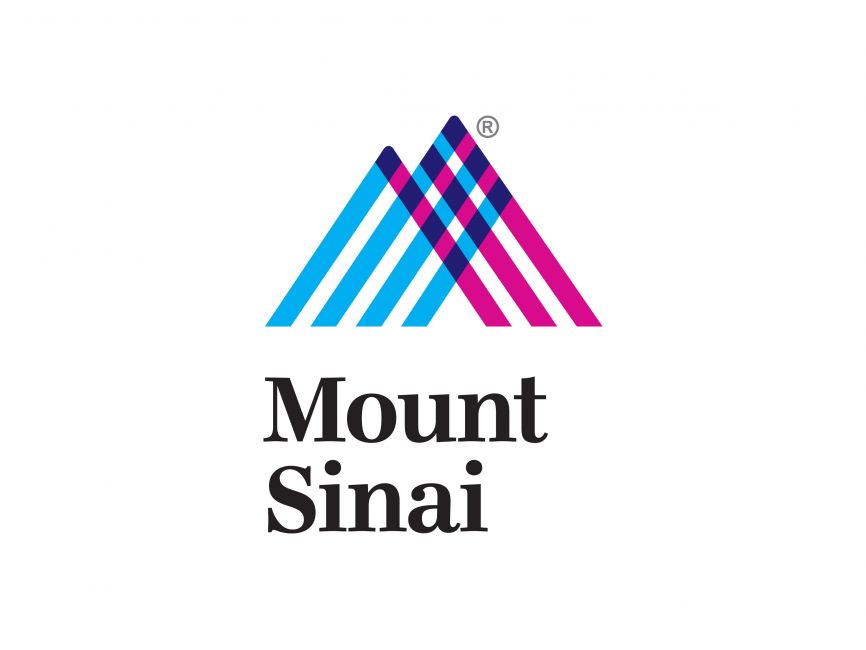Product: CLiX focus
Client: Rady Children's Hospital, San Diego
Market: Rare disease
Deep Phenotyping to Support Rapid Rare Disease Diagnosis in Newborns
Developed over a decade, Clinithink’s technology leverages state-of-the-art AI techniques, to provide an automated deep phenotype extraction in seconds
THE BACKGROUND
Extracting phenotypes from patient’s records to enable rare disease diagnosis is labour intensive, time consuming and requires specialist training. Suitably experienced and skilled physicians who can undertake this work are in short supply.
THE OPPORTUNITY
As technological advances lead to more widespread and accessible genetic testing, there is a gap emerging for technology enabled phenotyping. Clinithink’s Rapid Automated Phenotype Identification bridges this gap, with its revolutionary ability to extract a deep and meaningful phenotype from the information rich documents that healthcare providers create throughout a patient’s journey.
This unstructured data, previously inaccessible to meaningful interrogation, other than by the human eye, is processed and analyzed by CLiX focus to produce a list of phenotypes for complex patients in seconds.
THE TECHNOLOGY
The software uses Clinithink’s Clinical Natural Language Processing (CNLP) tool, CLiX, to encode the unstructured data, before using proprietary query technology to extract the patients’ clinical features as Human Phenotype Ontology (HPO) codes. CLiX focus is able to process approximately 1,000,000 clinical documents per hour, meaning that individual patient’s Electronic Health Records (EHRs) can be interrogated for characteristics indicative of disease in seconds, resulting in a list of matched HPO terms that clinicians can then use to support a diagnosis
“Some people call this artificial intelligence, we call it augmented intelligence. Patient care will always begin and end with the doctor and by harnessing the power of technology, we can quickly and accurately determine the root cause of genetic diseases. We rapidly provide this critical information to intensive care physicians so that they can focus on personalising care for babies who are struggling to survive.”
Dr Stephen Kingsmore, President and CEO of Rady Children’s Institute for Genomic Medicine at Rady Children’s Hospital, San Diego
Clinithink's Rapid Automated Phenotype Identification:
-
-
- Over 12,000 HPO terms and synonyms mapped to CLiX queries
-
- Processes 1,000,000 documents per hour
- Extracts more than 20x as many phenotypes as manual review
PUBLISHED PROOF
The combination of Clinithink’s automated deep phenotype extraction solution with whole genome sequencing recently resulted in a new Guinness World Record for the diagnosis of rare genetic disease in newborn children (just 19 hours from start to finish). This record-breaking work was pioneered at the Rady Children’s Institute for Genomic Medicine, in San Diego.Science Translational Medicine recently published a peer-reviewed paper1 detailing this work and an earlier paper in Nature2 also reported the potential health benefits and economic gains that would result from the widespread adoption of this approach to rare disease diagnosis in NICU admissions.
In this clinical research with Rady Children’s Hospital, the phenome extracted by CLiX focus was significantly more representative than prior reports of NLP-based phenotype extraction. CLiX focus identified a much deeper phenotype than that identified by manual review (28 fold deeper), with a greater overlap with expected OMIM clinical terms. Precision and recall of CLiX focus were also higher than that of other NLP-based phenotype extraction software. Not only that, but the information content of phenotypes extracted by CLiX focus was higher than those extracted manually by experts.
Having been proven to extract phenotypes reliably from 82 retrospective cases, CLiX focus was implemented in conjunction with state-of-the-art genome sequencing, as well as gene ranking software, as part of a semi-automated diagnosis pathway for patients with rare disease. This ground breaking solution has so far resulted in two real time diagnoses which have guided acute treatment choice.
“You can’t clone our physicians to cope with increasing demand... Each operator comes up with different terms... Manual phenotype extraction is not scalable – there is a huge urgency to move to semi-automatic processes...”
Dr Stephen Kingsmore, President and CEO of Rady Children’s Institute for Genomic Medicine at Rady Children’s Hospital, San Diego
REFERENCES
- 1. Science Magazine
- 2 Nature

